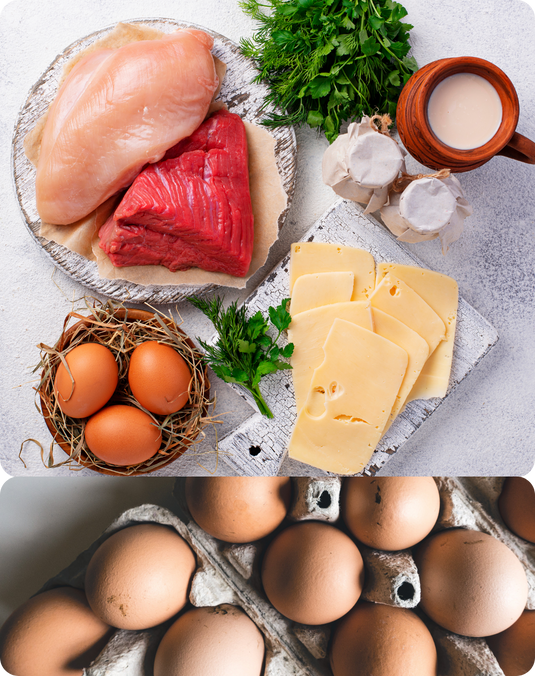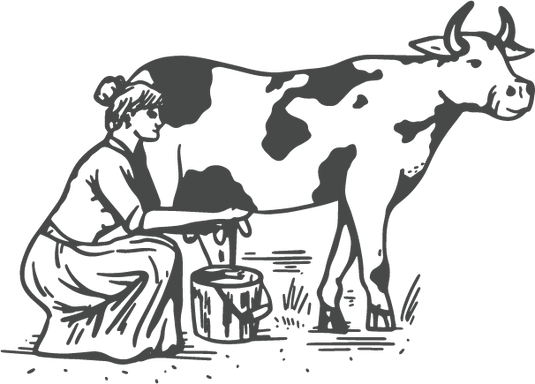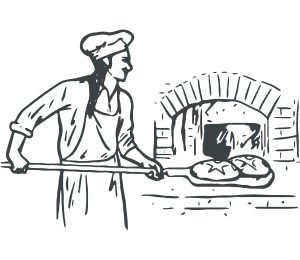

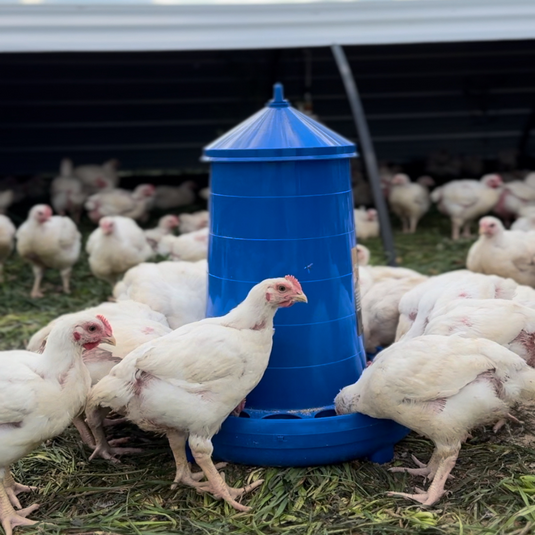
1. Custom-Made LowPs™ (Low PUFA) Feed
Chickens are monogastric animals and can’t thrive on pasture alone—they require supplemental feed to remain healthy! While pasture-raised chickens are often assumed to produce healthier meat, many still receive polyunsaturated fat (PUFA)-rich feed from common ingredients like corn, soy, and distiller grains. A chicken’s diet directly influences the fat composition of its meat, and in fact, chicken is the largest source of linoleic acid—an inflammatory Omega-6 PUFA—in the American diet. This means even pasture-raised chicken can contain high levels of the same unhealthy fats found in seed oils if fed conventional PUFA-heavy feed.
We take a different approach to produce chicken that is naturally lower in PUFAs. In 2021, Farmer Ash developed a custom chicken feed free from corn, soy, and other high-PUFA ingredients. What began as a small-batch formulation in her garage is now produced by a local trusted feed mill partner, ensuring that every farm in our network raises chickens on a diet designed for a healthier fatty acid profile—low in PUFAs and rich in stable, nourishing saturated fats. This exclusive LowPs™ feed is uniquely formulated to be low in PUFAs, low in endocrine-disrupting Phytoestrogens, and low in Pesticides—something you won’t find anywhere else. Beyond crafting our own feed, we partner with regenerative row-crop farmers who grow our ingredients without synthetic pesticides. This gives us complete oversight of the process, ensuring our feed is as clean and wholesome as the meat it helps produce.
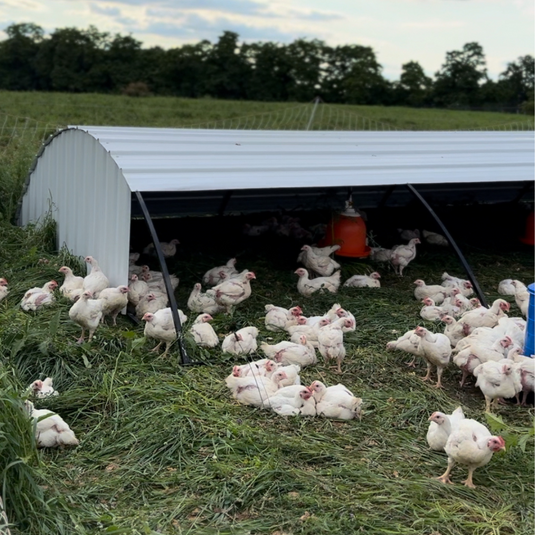
2. Mobile Pasture-Raised
Forget the generic “Pasture-Raised” label, which often lacks transparency and can be misleading—many grocery store brands use it for chickens kept in large, stationary barns with only limited access to a small, fenced-in area. In these conditions, chickens quickly degrade the land, stripping away the grass, insects, and soil life they need to thrive. As a result, they depend more on processed corn- and soy-based feed and less on the diverse, nutrient-rich forage that makes for truly healthy poultry.
We take pasture-raising to the next level with our mobile pasture-raised approach. All of our farm partners use mobile coops, moving them 1–2 times daily to ensure the chickens always have access to fresh, nutrient-dense grass. While this method requires more time and care than stationary coops, the benefits are undeniable—chickens naturally fertilize the land while the soil gets the rest it needs to regenerate. This creates a thriving pasture ecosystem, free from synthetic agrochemicals, and results in meat that is not only healthier but also better for the environment.
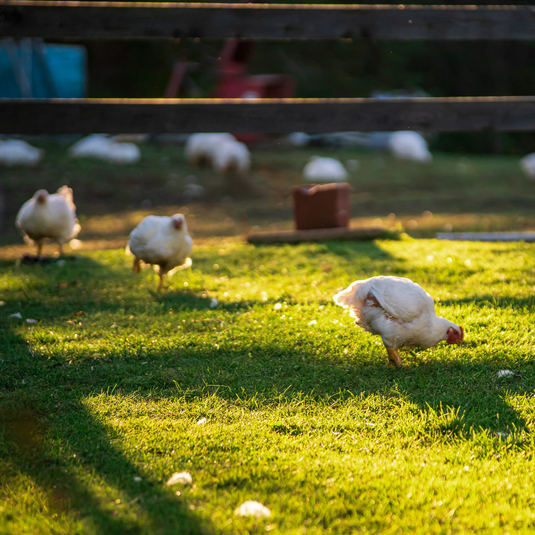
3. Free-Range on Pasture, Not Confined
Our chickens begin their journey at a trusted hatchery partner, where they are never vaccinated or medicated. From there, we coordinate delivery to our farm partners, who nurture the chicks in warm, carefully maintained brooders for the first two weeks. At three weeks old, they transition to mobile pasture coops, where they live stress-free, continuously rotated to fresh, nutrient-rich grass. Once fully grown, we oversee their final step, and coordinate pick up and delivery to the butcher.
With our mobile pasture-raised approach, chickens experience true freedom to roam. Regular movement to fresh grass provides them with a diverse, forage-based diet, rich in insects and natural nutrients, enhancing the quality of their meat. This system supports their natural instincts, promotes low-stress living, and stands in stark contrast to the confinement of barns and cages.
To uphold true pasture-raised integrity, we only raise meat birds during the spring, summer, and fall—when pastures are lush and outdoor living is natural. Since meat birds are not as resilient as layer birds, raising them in winter would require confinement, contradicting our commitment to ethical, pasture-based farming.
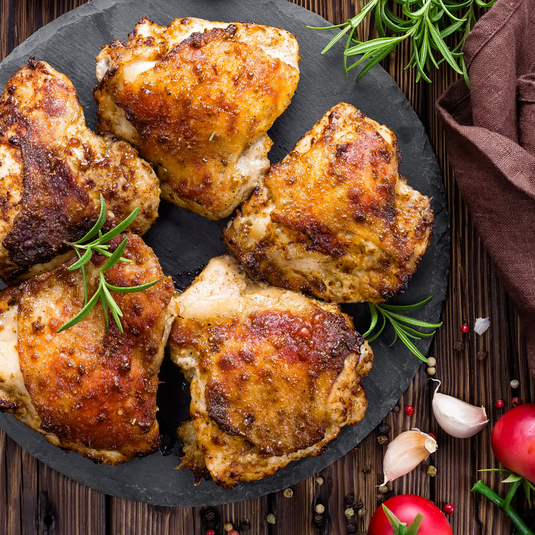
4. Superior Nutrient Profile
Chickens raised on pasture produce healthier, more nutrient-dense meat than those raised in confinement. Access to fresh grass and forage provides them with Vitamin K1, which they convert into Vitamin K2, enriching the meat with this essential nutrient. Sun exposure further enhances Vitamin D levels, increasing the fat-soluble vitamin content. A diverse, natural diet also leads to a superior nutrient profile, delivering more vitamins and minerals in every cut.
Chicken isn’t just a great source of metabolism-supporting nutrients—it’s also an essential source of protein and healthy fats. Before industrial agriculture, chicken meat was naturally low in polyunsaturated fats (PUFAs). Today, however, widespread corn- and soy-based feeds have dramatically increased PUFA levels in poultry. By raising chickens on a more natural, diverse diet, we’re bringing back the chicken of the past—lower in harmful PUFAs and richer in beneficial nutrients. Lab testing confirms that our pasture-raised chicken contains over 200% more health-promoting stearic acid and over 50% less of the metabolism-suppressing Omega-6 linoleic acid found in seed oils—compared to “Free Range” chicken.
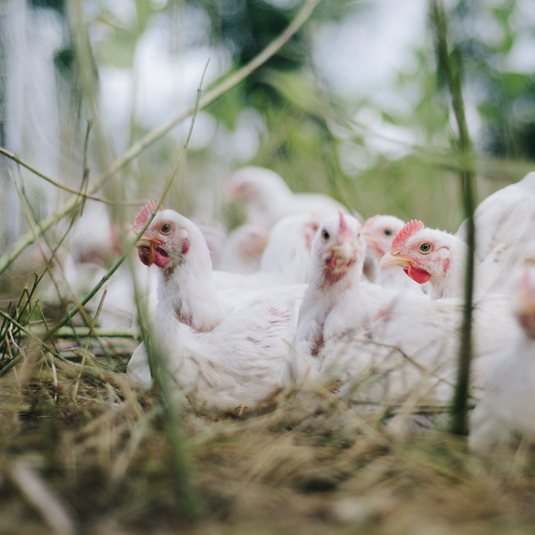
5. Needle-Free Production
The chickens at our partner farms thrive in a truly natural environment—no routine antibiotics, vaccines, hormones, or dewormers needed. Raised on fresh pasture, with clean air, regular rotation to new grass, and minimal waste exposure, they develop robust immune systems without the pharmaceutical crutches used in industrial agriculture.
By prioritizing regenerative practices, our farmers cultivate flocks with natural resilience. A diverse diet from thriving pastures supports immune function, while constant movement reduces parasite and bacteria exposure. Freedom to roam and forage allows for adequate exercise, minimizing stress and ensuring optimal health. This holistic approach makes pharmaceutical interventions unnecessary—not just prohibited.
Our promise: Chickens raised in true health and harmony with nature, resulting in pure, wholesome meat—just as nature intended.
